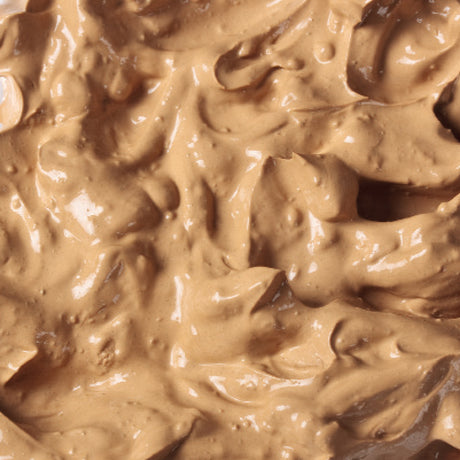- 10kg block
- Colour: white/buff
- Clayworks School Clay is an Earthenware clay- not suitable for functional or food-safe items
- Easy to use – soft and plastic, ready to work straight from the bag
- Broad Firing Range: Bisque fire at 1000°C, Second Firing at 1070-1100°C
- 60 mesh hand-building body with suitable tooth
- Ideal for hand building, modelling, ornaments, decorative pieces and wheel throwing
- Suitable for primary school aged children and above
- Country of origin: Australia
In the artroom, this clay can be used for a variety of projects including sculptural forms, decorative pieces, small ornaments, and thrown works. Its smooth texture makes it especially accessible for younger students learning foundational clay techniques. Teachers can guide students through slab building, pinch pots, coiling, or basic wheel-throwing without the clay being too coarse or dry.
Stages of Clay:
Stage 1 - Malleable: The stage where you can build artwork. Wrap leftover clay in a clean, damp cloth/wipe and put in an airtight plastic bag.
Stage 2 - Leather Hard: Clay has started to dry out but you can still carve into the artwork. This is also the stage to burnish pieces (smooth them out). Wrap leftover clay in a clean, damp cloth/wipe and put in an airtight plastic bag.
Stage 3 - Bone Dry: Bone dry means that the piece is fully dried out and it is ready to go in the kiln. It is best to slowly dry out the clay to prevent cracking, by lightly covering with plastic bags.
Stage 4 - Bisque Fired: This is the first firing. The clay can now be decorated with an underglaze or brush on glaze. Alternatively, bisque fired clay can be painted with acrylic paint or clay transfer Tissue can also be applied.
Stage 5 - Glaze Fired: This is the last firing and must be done at a higher temperature. Make sure there is no glaze on the bottom of your piece as it may join to the kiln shelf.
Storing and Handling Clay:
• Always store clay out of direct sunlight and heat.
• Avoid poking fingers through bag.
• Never carry the clay bag by the heat seal this could cause moisture to escape from the bag.
• Between uses, store clay in a well-sealed soft plastic bag i.e. plastic garbage bag. Squeeze the air out of the bag and tie it in a knot.
• A small amount of moisture can be splashed into the bag to keep clay moist.
• If clay becomes too firm, slice slab / lump into 1cm thick slabs (like bread slices) and dip each one into water before placing them in a stack in a plastic bag. Sit for 1-2 days, then knead into shape. This is the fastest and easiest way to recycle.
Earthenware Clay Helpful Tips:
Cutting Clay: Use a wire cutting tool to cut a piece of clay.
Flatten: Flatten the clay with your hand first and place between two wooden clay strips. The height of the wood will determine the thickness of the slab. Roll from end to end then turn over and repeat.
Marking the Clay: Use a pin tool to lightly draw into the clay. Mistakes can be smoothed over.
Cutting Shapes: Use a potter's knife to cut out a shape.
Creating Textures: Textures can be created by pushing objects into the clay.
Joining Clay Pieces: To adhere pieces of clay together, score both sides to be joined. Apply slip to both sides and gently press both pieces together. Run a modelling tool along the joining seam.
Slip: “Slip” is a liquid mix of clay and water, with a custard consistency, used for joining a decorating pottery. Keep in airtight container.
FAQ: .
Q: How many tennis balls of clay can you get from a 10kg pug of clay?
A: 30 tennis balls of clay. (Use a clay cutter for easy cutting).






























